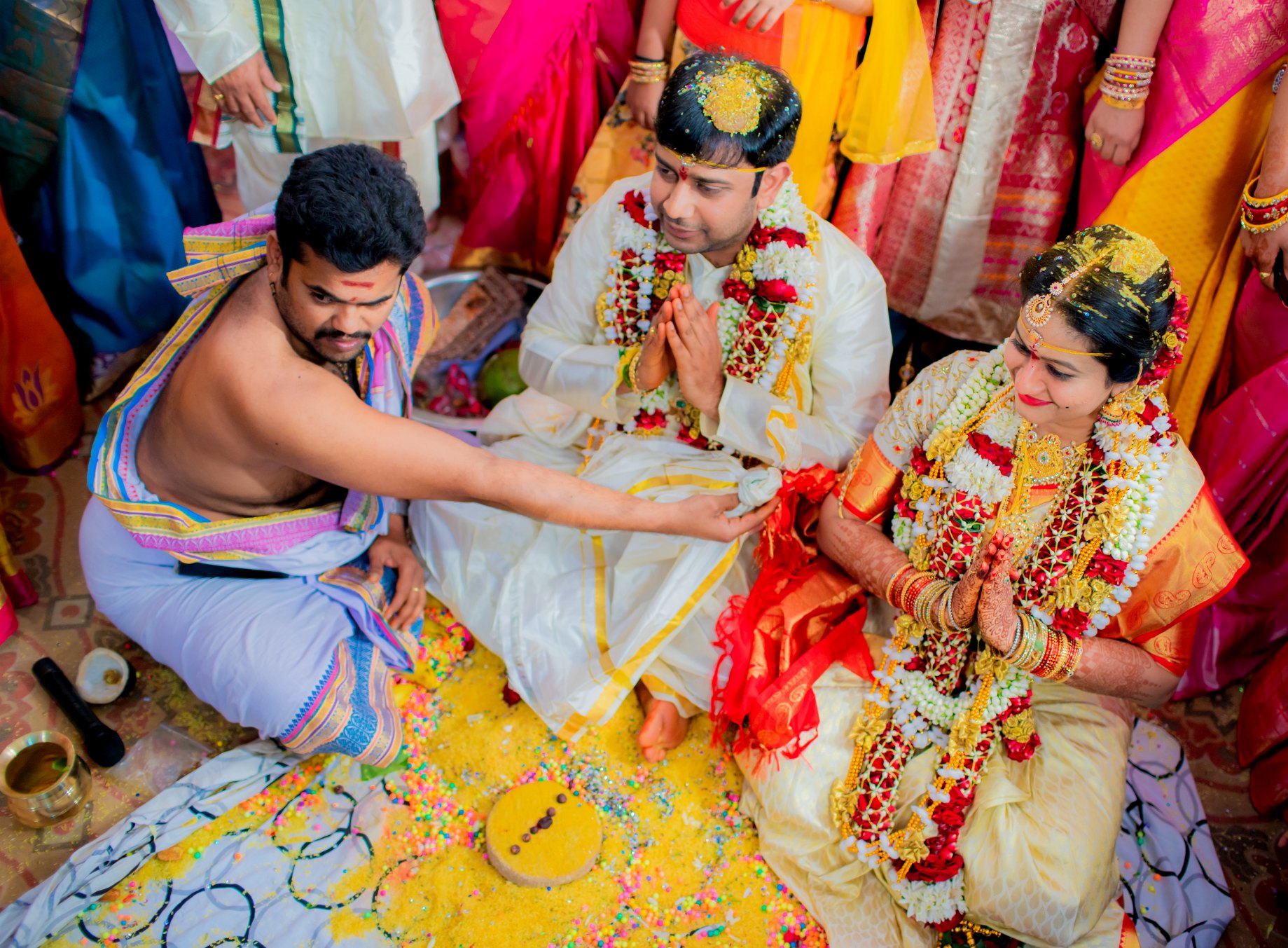How Many Gunas Should Match For Marriage In Telugu?
According to traditional Telugu astrology, the compatibility of a couple is determined by the matching of gunas.
In Telugu culture, the concept of matching gunas, or compatibility factors, plays a significant role in the process of arranged marriages. According to traditional Telugu astrology, the compatibility of a prospective couple is determined by the matching of gunas, which are essentially attributes or characteristics that are believed to influence the success and harmony of a marriage. The most commonly referenced system for matching gunas is the Ashtakoota system, which assesses the compatibility based on eight different criteria.

The Ashtakoota system assigns points to each of the eight criteria, with a maximum score of 36 points. These criteria are Varna (caste), Vashya (dominance), Tara (star), Yoni (animal), Graha Maitri (planetary friendship), Gana (nature), Bhakoota (relative influence of one on the other), and Nadi (health). The belief is that the higher the total score, the better the compatibility between the couple.
Varna, the first criterion, assesses the compatibility of the castes of the individuals. It is believed that for a successful and harmonious marriage, individuals of the same or compatible castes should come together. Vashya, the second criterion, focuses on the dominance and control that one partner may have over the other. A balance in dominance is considered ideal for a healthy relationship.
The third criterion, Tara, takes into account the birth star or nakshatra of the individuals. It is believed that certain combinations of birth stars are more compatible than others. Yoni, the fourth criterion, delves into the animalistic nature of individuals based on their birth charts. This criterion seeks to ensure compatibility in terms of physical and emotional traits.
Graha Maitri, the fifth criterion, assesses the friendship between the planetary positions of the individuals. It is believed that a strong friendship between the planets in the birth charts enhances the compatibility of the couple. Gana, the sixth criterion, categorizes individuals into three nature types: Deva (divine), Manushya (human), and Rakshasa (demon). A compatible match in terms of nature is considered essential for a successful marriage.
Bhakoota, the seventh criterion, assesses the relative influence of one partner on the other based on their moon signs. It is believed that a positive influence between the moon signs enhances marital bliss. Nadi, the eighth and final criterion, evaluates the health compatibility between the individuals. It is believed that certain combinations may lead to health issues in the offspring, and therefore, a compatible Nadi is considered crucial.
While the Ashtakoota system provides a framework for evaluating compatibility, it is important to note that these criteria are rooted in traditional beliefs and may not necessarily reflect the dynamics of a modern relationship. In contemporary times, many individuals and families in Telugu society may consider additional factors such as education, career goals, interests, and values when determining the suitability of a match.
The emphasis on guna matching in Telugu Matrimony is a testament to the cultural and astrological significance placed on ensuring compatibility between life partners. However, it's crucial to approach these considerations with an open mind, recognizing that the dynamics of a successful marriage involve a complex interplay of various factors that go beyond astrological calculations. In the end, while guna matching may provide a foundation for compatibility assessment, the success of a marriage ultimately depends on the commitment, understanding, and mutual respect between the individuals involved.


